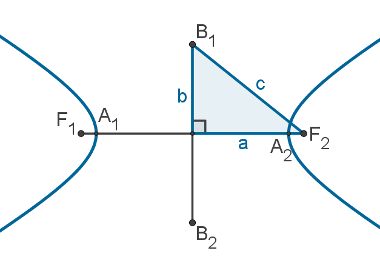O weathering is the process of transformation of rocks by disaggregation (physical) or decomposition (chemical) of their structures, giving origin of sediments and interfering in sedimentary processes, such as erosion, diagenesis and pedogenesis (formation of soils).
The rocks, when outcropping on the surface, become exposed to external or exogenous agents of relief transformation, such as water and the force of the winds. As a result, they break down in processes of oxidation or “washing” of their coverings, in addition to remaining exposed to variations in temperature. All of these effects are considered weather events.
O chemical weathering it occurs when there is a decomposition of the minerals that structure the rocks. These minerals are transformed from primary to secondary, such as clay minerals. When a rock decomposes and its material is transformed into clay by the action of water, this is an example of chemical weathering.
O physical weathering it occurs when there is a breakdown or breakage of rock particles, and their structures break up into small sediments. When a rock breaks into several pieces or dust particles, we have an example of physical weathering.
There are several factors that control the action of weathering. The main ones are the climate, the relief, the composition of the mother rock, its exposure time and the action of living beings.
O climate it is the most relevant factor influencing and controlling weathering. This is because it interferes with the action of the main agents of decomposition and disaggregation of rocks, such as water (controlled by the rainfall regime) and temperatures. If it rains a lot in a region, the cases of chemical weathering increase; if the drought is prolonged, the cases of physical weathering increase, since the rocks and soils break down due to the heat.
Do not stop now... There's more after the advertising ;)
O relief influences weathering through their faces and dispositions. An example is the slope. In areas with steep slopes, water flows faster, generating a greater impact on rocks and proliferating weather effects.
The composition of the mother rock it is also a very important factor in this process. This means that rocks that have more resistant minerals tend to be equally more resistant to the actions of weathering.
O exposure time from this rock to the action of weathering agents is another highlight. Formations that surfaced in geologically remote times show a greater degree of transformation, while younger reliefs tend to be more rugged and less sedimented.
You living beings, although to a lesser extent, also contribute to the transformations caused by weathering. The deposition of organic matter in the soil, for example, increases the acidity of the water and favors the chemical decomposition of some minerals that make up the rocks, which are gradually destroyed.
By Me. Rodolfo Alves Pena
Would you like to reference this text in a school or academic work? Look:
PENA, Rodolfo F. Alves. "What is weathering?"; Brazil School. Available in: https://brasilescola.uol.com.br/o-que-e/geografia/o-que-e-intemperismo.htm. Accessed on June 27, 2021.


